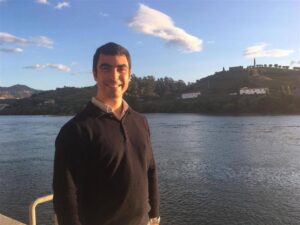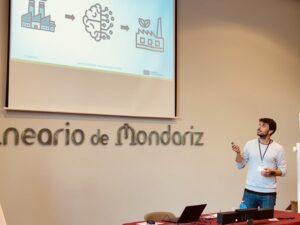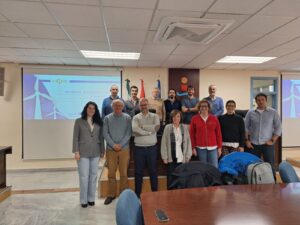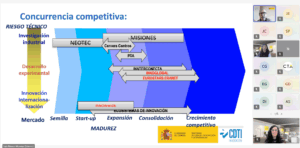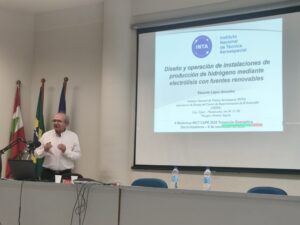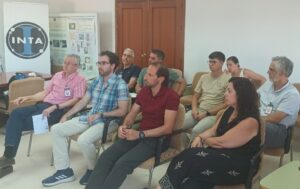Interview with Paulo Brito, professor at the Polytechnic Institute of Portalegre (IPP) and partner of AIHRE
Paulo Brito is a professor at the Polytechnic Institute of Portalegre (IPP), an educational and research institution committed to sustainable development and innovation in energy technologies. The IPP has taken on the challenge of seeking sustainable energy solutions in a circular economy context, investing in a research center focused on this subject, VALORIZA, and an Academy for Hydrogen – A4H2, aiming to be a driving force in the training of human resources who will operate hydrogen and renewable gas processes and technologies.
The IPP has been developing various research projects on hydrogen and renewable gases, as well as offering various training programs at all educational levels. Notably, the recent Doctorate in Hydrogen and Renewable Gases, the first in Portugal, aims to develop R&D projects that cover the entire value chain of renewable gases, from technological aspects to resource availability and their application. Within the scope of the AIHRE project, the IPP focuses its research on modeling hydrogen from biomass, with Bruna Rijo playing a fundamental role in promoting renewable hydrogen as a strategic solution for the energy future of the POCTEP region.
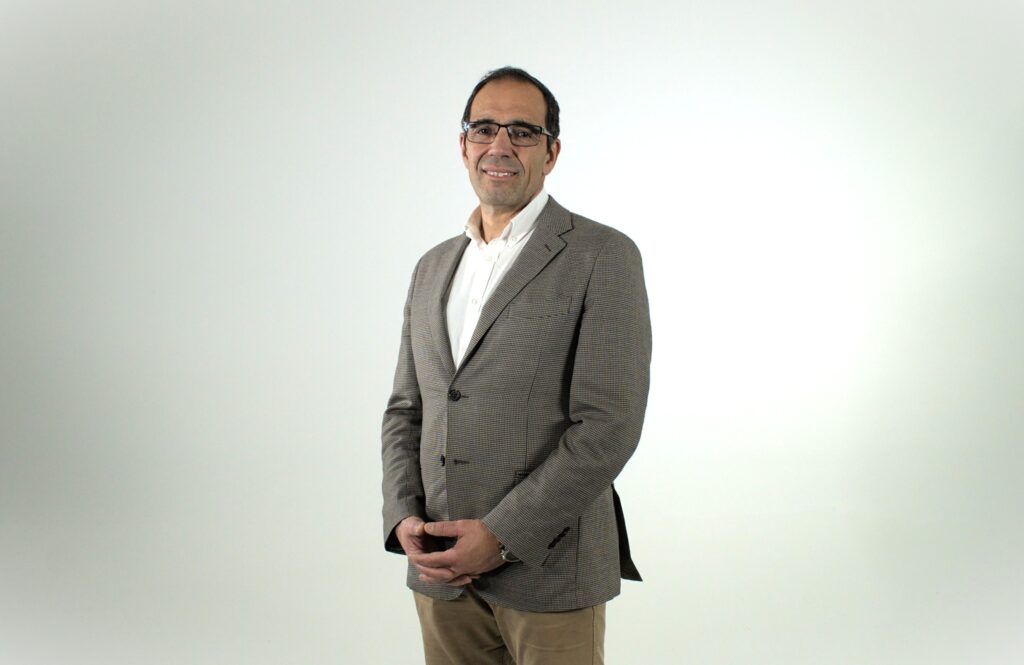
- What is the mission of the Polytechnic Institute of Portalegre within the AIHRE project?
The IPP's mission is to research hydrogen production from biomass based on thermal gasification technologies assisted by a solar concentration energy unit, which supplies part of the thermal energy required for the process. The objective is to provide a hydrogen production and purification facility that allows it to be used as a fuel.
- How would you generally describe the current state of renewable hydrogen in the Portalegre region?
In Portugal, the National Hydrogen Strategy (EN-H2) established a vision for hydrogen, identifying opportunities and all value chains, as well as policies and legislative and operational measures to be implemented to achieve set objectives. These include reaching 5% hydrogen in final energy consumption by 2030, in road transport and the industrial sector; 15% injection into the natural gas grid; 50 to 100 refueling stations; and 2 GW of installed capacity. These ambitious goals aim to contribute to a significant transformation of the current energy paradigm, enabling various applications ranging from mobility to industrial activity. This transition has been slower than initially anticipated, often due to a lack of specific regulations, leading to a need to adjust the initial targets. However, the interest in continuing investments in this energy vector is evident, as demonstrated by the number of applications for investment projects submitted for green hydrogen production support lines, with Alentejo being a region with high potential.
- What specific technologies is the IPP investing in to promote the use of renewable hydrogen?
Through its research center VALORIZA, the IPP has been developing applied research in the field of hydrogen and renewable gas production from residual materials. It has been working with different conversion technologies, particularly thermal technologies, including gasification and pyrolysis, which produce a hydrogen-rich gas that can then be purified, as well as electrochemical technologies, using electro-oxidation processes of effluents to treat them while also obtaining a hydrogen gas stream.
- How do you think the implementation of renewable hydrogen as a clean energy source can transform society and benefit local communities?
The possibility of valorizing endogenous resources, particularly residual biomass resources, to drive an energy paradigm shift for industry and local communities, is a strategy that creates sustainability at all levels. The production of renewable gases, especially hydrogen, from these materials through thermal gasification technologies is increasingly market-ready and will play a crucial role in the decarbonization of energy-intensive industries located near agricultural and forest areas, contributing to the creation of local energy communities.
- What are the IPP's expectations regarding the impact of renewable hydrogen on Portugal’s energy mix in the coming years?
The IPP has high expectations regarding hydrogen and renewable gases, as there is a growing awareness of the need to decarbonize society and increase the circularity of the materials and resources we use. The IPP has been conducting applied R&D aligned with these concerns, developing demonstration projects involving companies and industries, with AIHRE being an excellent example.
- How important is cross-border cooperation to the success of the project?
We live in a global space with different local realities, but the challenges that Portugal and Spain, particularly the interior regions of these countries, face in seeking sustainable alternative fuels to combat climate change and ensure economic viability are similar. Therefore, technical-scientific work in partnership, creating competency synergies, is vital to overcoming these challenges and generating greater value in our regions. The IPP has always believed that its growth should be based on forming national and international partnerships.
- Finally, would you like to share a message about the impact of renewable hydrogen on the energy future or the importance of initiatives like AIHRE for cross-border regions?
I have no doubt that the future of our society will be more sustainable and that hydrogen and renewable gases will be one of its energy pillars. Projects that promote and demonstrate that this path is viable and already underway are essential. Initiatives that engage society, businesses, and policymakers in this transition are crucial. AIHRE is one of those projects!


